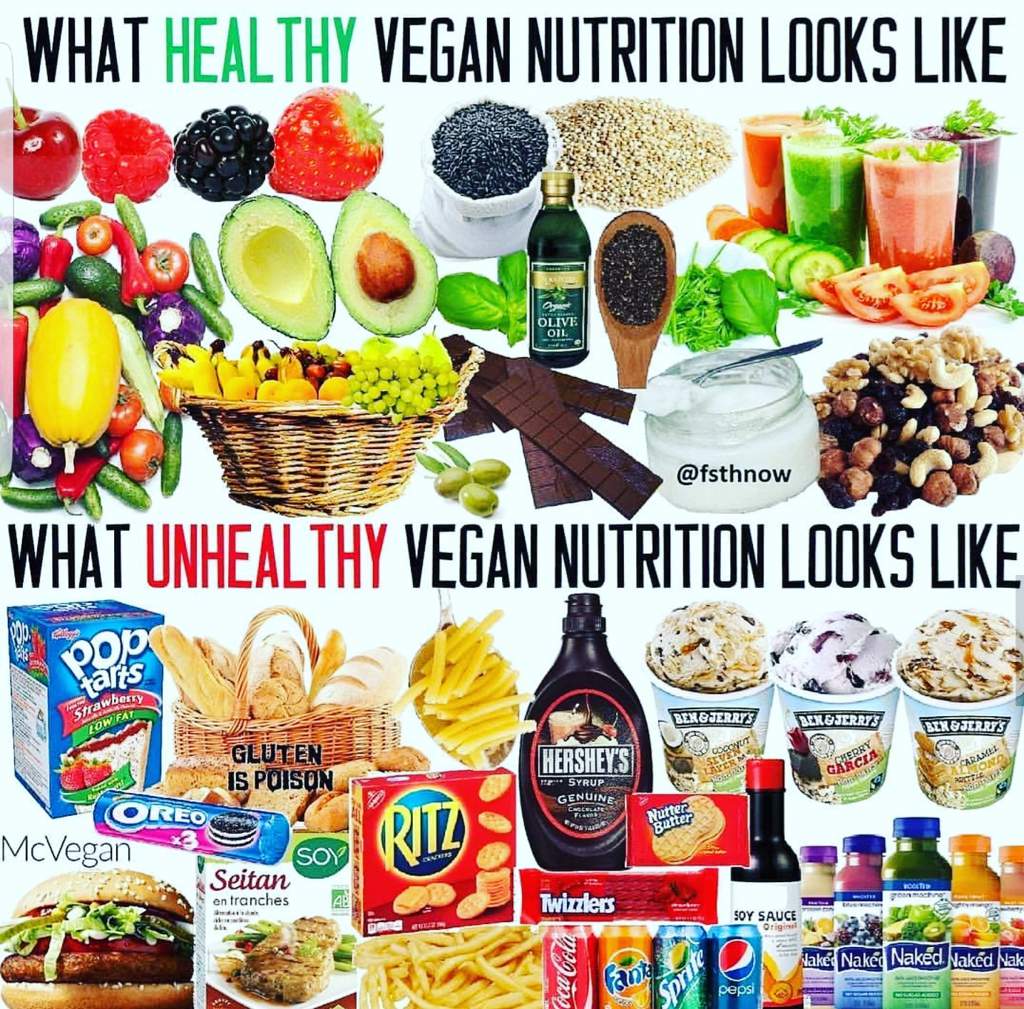Healthy Snacks Vs Unhealthy Snacks

Healthy Snacks Vs Unhealthy Snacks
What are Healthy Snacks?
Healthy snacks, as the name implies, are snacks that provide nutritional value and promote overall health and well-being. They are typically lower in calories, fat, and sugar than traditional snacks, but still provide essential vitamins, minerals, and fiber. Examples of healthy snacks include fruits, vegetables, nuts, seeds, whole-grain crackers, yogurt, and air-popped popcorn. Eating healthy snacks can help to maintain a healthy weight, reduce cholesterol levels, and provide essential nutrients for the body.
What are Unhealthy Snacks?
Unhealthy snacks are those that are high in calories, fat, and sugar, and provide little to no nutritional value. Examples of unhealthy snacks include chips, candy, cookies, and anything that is deep-fried. Eating unhealthy snacks can lead to weight gain, cardiovascular disease, and other health problems.
Benefits of Eating Healthy Snacks
Eating healthy snacks can provide numerous benefits for the body. Healthy snacks are low in calories and fat, and high in vitamins, minerals, and fiber. This can help to maintain a healthy weight and reduce the risk of developing certain diseases such as heart disease, diabetes, and cancer. Eating healthy snacks can also help to improve overall energy levels and provide essential nutrients for the body.
Risks of Eating Unhealthy Snacks
Eating unhealthy snacks can have numerous negative effects on the body. Unhealthy snacks are typically high in calories, fat, and sugar, and are low in essential vitamins, minerals, and fiber. Eating too many unhealthy snacks can contribute to weight gain, which can increase the risk of developing cardiovascular disease, diabetes, and other health problems. Unhealthy snacks can also lead to an increased risk of developing cavities and other dental problems.
Tips for Eating Healthy Snacks
Eating healthy snacks can be easy and enjoyable. Here are a few tips to help you make healthy snack choices:
- Choose snacks that are low in calories and fat, and high in vitamins, minerals, and fiber.
- Read nutrition labels to make sure you’re getting the most nutritional value from your snack.
- Opt for snacks that are made from whole grains, such as whole-grain crackers or breads.
- Incorporate fruits and vegetables into your snacks.
- Choose snacks that are low in sugar.
- Eat snacks mindfully and in moderation.
Conclusion
Eating healthy snacks is an important part of any healthy diet. Eating healthy snacks can provide numerous benefits for the body, such as maintaining a healthy weight, reducing the risk of developing certain diseases, and providing essential nutrients for the body. Eating unhealthy snacks can lead to weight gain, cardiovascular disease, and other health problems. To make sure you’re eating the most nutritious snacks, it’s important to read nutrition labels and opt for snacks that are low in calories, fat, and sugar, and high in vitamins, minerals, and fiber.
Healthy Snacks vs. Unhealthy Snacks: A Visual – FitForceFX

Healthy Or Unhealthy Food. Concept Photo Of Healthy And Unhealthy Food

Healthy or Unhealthy Food. Concept Photo of Healthy and Unhealthy Food

Simple swaps for healthier versions of all those unhealthy foods we crave

Healthy or Unhealthy..... | Vegan Amino

Choosing between Fruits and Sweets. Healthy Versus Unhealthy Food

Healthy vs Unhealthy Foods. TeachersMag.com
Unhealthy vs healthy food stock image. Image of creative - 127294221

Chocolate heart conference - Healthy Food Mom | Recipe | Food

Free Photo | Healthy food vs unhealthy food
